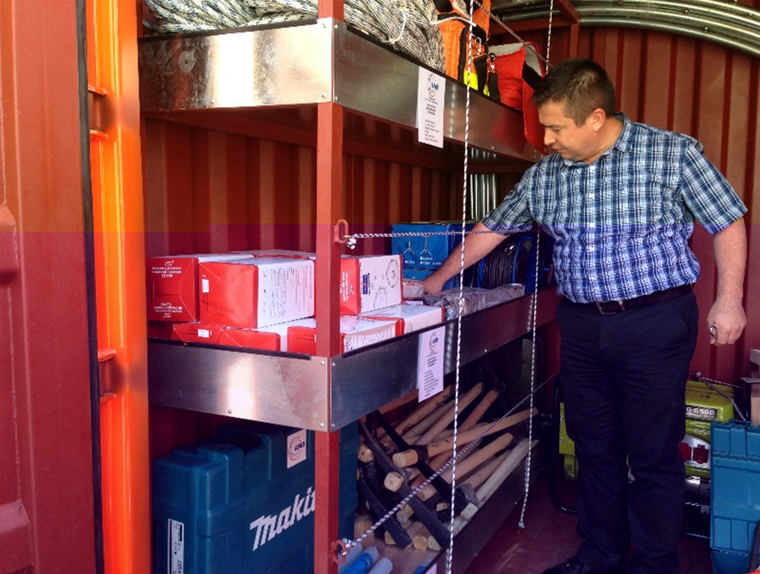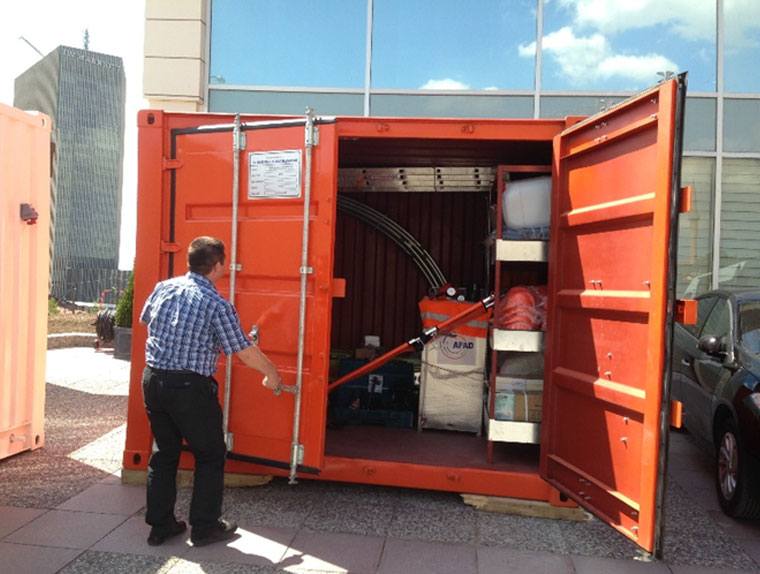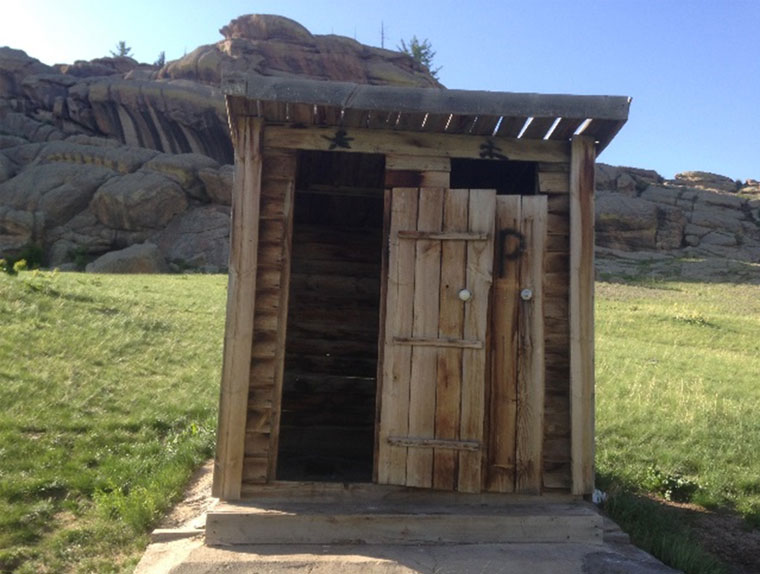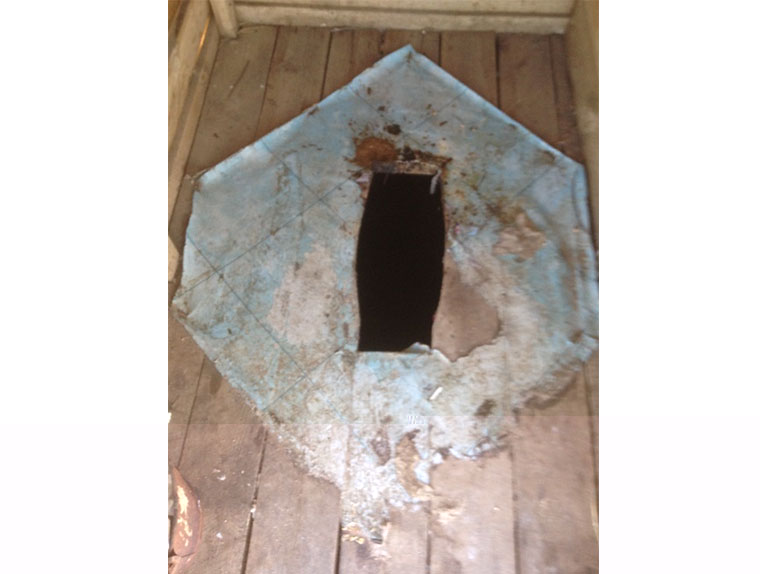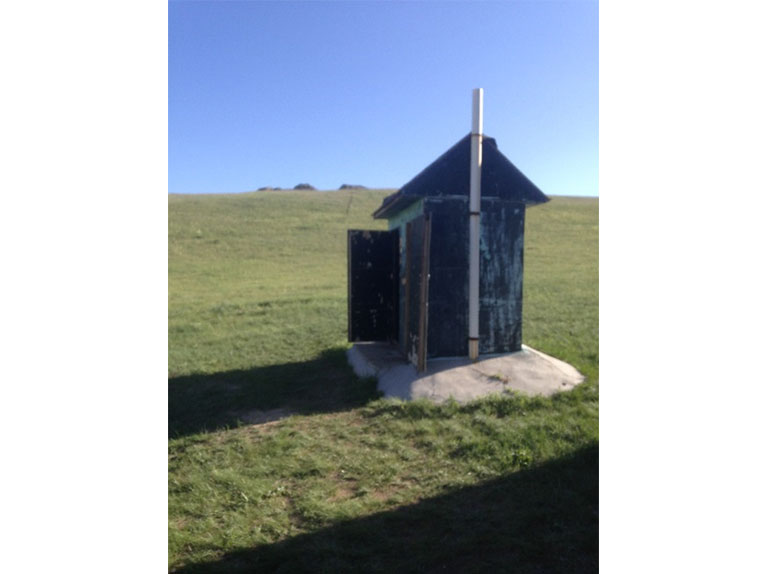海外事業
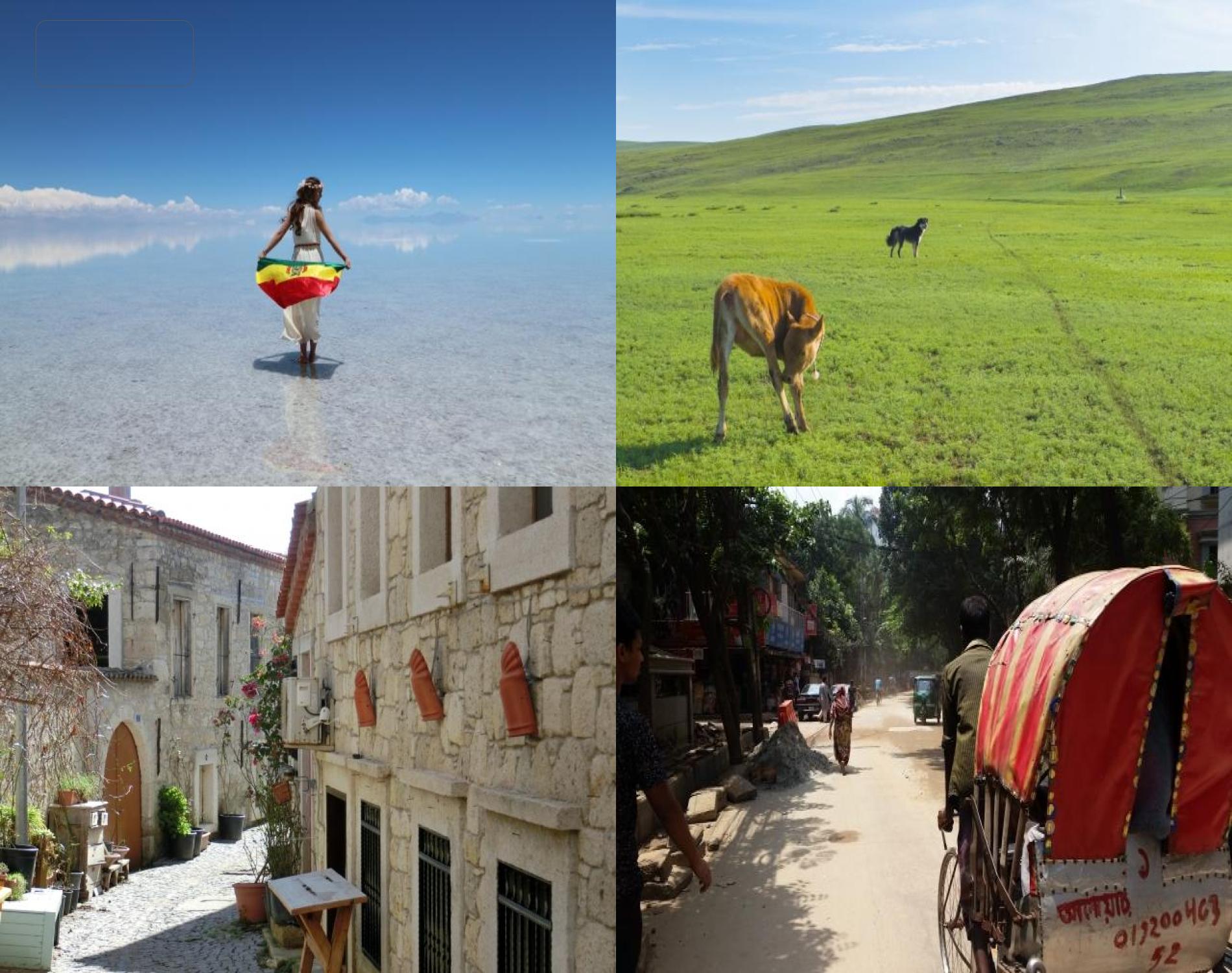

海外事業 Activities Oversea
EFCは、海外のインフラの脆弱な開発途上国のトイレ改善の支援をします。モンゴルでの衛生的なトイレ普及、トルコやモンゴルなどの震災国での災害時トイレの普及活動を行います。
トルコの民間レスキューチームのGEAにも災害用トイレの提供を行いました。
EFC supports developing countries such as Mongolia and Turkey where there is insufficient infrastructure. We donate and distribute portable eco-toilets(Mt. Fuji Toilet) , sensitize people on clean use of toilet, and rehabilitate toilets in emergency period.
We donated portable eco-toilets(Mt. Fuji Toilet) to GEA, a private rescue team in Turkey.
![]()
近年、イラン、インドネシア含む環太平洋地域、トルコ、ハイチ、中国四川省、チリなど、様々な地域で大規模な地震が立て続けに起こっており、建物の倒壊や津波等により多数の死者が出るとともに地震発生後のライフラインの停滞や物資の不足による困難などがその都度問題になっています。地震対策先進国である日本の政府機関や非政府機関は、これら地域に対し、医療や食糧物資の緊急救援、インフラや道路整備などの復興支援などを行ってきました。しかし、トイレや排せつの問題については、緊急時や復興時におざなりにされやすく、効果的な支援がこれまで手薄となっていました。
そこで、EFCでは海外の地震多発地域に対し、携帯用トイレを配布、普及するのみならず、製造支援まで行うプロジェクトの実施を計画しています。2013年には、本プロジェクトの最初の対象地域として、まず、トルコ共和国での現地調査を開始しました。
トルコ共和国は1999年、2011年に大規模な地震被害に見舞われ、今後、最大都市であるイスタンブールで大地震が起こる可能性が危惧されています。EFCは、2013年7月にトルコを訪問し、AFAD(トルコ危機管理庁)や民間のレスキューチーム組織との意見交換や聞き取り調査を行いました。その結果、イスタンブールなど大都市では、地震発生後、ライフラインの停滞からトイレと排泄の問題が大きな問題となることが認識されているものの、現状では何の対策もなされていないことが確認されました。一方で、この分野に対する日本など先進国からの支援や技術移転は、ほとんど確認されていません。
EFCでは、今後、AFADや民間レスキューチームと連携し、災害対策として、エクセルシア製造の携帯用トイレ「ほっ!トイレ」などの配布、普及を行うことを計画しています。配布にあたっては、国内観光地での携帯用トイレ配布活動同様の再利用循環モデルを採用し、廃棄される予定の携帯用トイレの備蓄品を提携企業から回収し、無料で現地に供与することを予定しています。さらに、より恒常的な支援として、このような携帯トイレの製造、販売をトルコ人が独自で行っていけるよう、組織強化、啓蒙活動、人員育成、製造技術指導を行う活動も視野にいれています。そのために、現在は、AFADなど現地の関連機関との連携強化、事業の長期運営のためのドナーおよびスポンサーの募集を行っている段階です。
In the past decade, big earthquakes hit many countries, such as Turkey, Haiti, Shicuan China and Chili, where the lands were devastated by the collapse of buildings or Tsunami came after the earthquakes. People also suffered from lack of water, foods and lifelines like gas and electricity. The government and NPOs of Japan sent essential materials as emergency aid to these areas and supported their reconstruction work. However, the issue of defecation was not given as much weight as other essential issues.
Considering this situation, EFC plans not only to distribute eco-toilets in frequent earthquake hit areas but also to support local organizations to produce the toilets.
In 2013, for the beginning of the project, we had started research for the project in Turkey. Turkey, in fact, was hit by big earthquake in 1999 and 2011, and it is now predicted that Istanbul, the capital city of Turkey, will be damaged by earthquake in the future. In our research in Turkey, we visited AEFD and a private rescue team and interviewed them. It was revealed that they have no proper plans when the earthquake hit the area and damaged lifeline regarding water and sanitation. On the other hand, there has been no support from Japan and other countries in this field.
As a result of the research, EFC decided to start the project cooperating with AFAD and the rescue team. The project partially apply the recycling model of EFC established in Japan, which means that EFC collect portable eco-toilets which will be expired and shall be disposed soon from private companies in Japan and provide them to the organizations in Turkey. In addition, to support the organizations to get able to produce the toilets, we work for the education of users (community people), organizations building, training staff and so on. We also look for sponsors which can help the project.
![]()
モンゴルでは、観光産業の振興を目指しているもののトイレインフラの脆弱さが日本を含めた先進国外国人観光客の拡大を阻害している要因となっています。またウランバートル市近郊に居住する地方から移住者(60万人とも推定される)のトイレも脆弱であり、主に飲料水として使用する地下水への影響が懸念されています。
EFCでは、日本企業が備蓄している「ほっ!トイレ」の再利用を通じて、これらの問題の解決を目指していきます。また一方、モンゴルではゴビ砂漠の侵食の問題があり、これを解決するための手段として植林を行っていますが、ほっ!トイレで処理した後の物質がこの植林の保水性の基礎材として使用できるか可能性が高く、近々にフィールドでの実証試験に取り組むべく、積極的に活動しています。
The government of Mongolia aims to develop tourism business with their rich natural views and resources. However, the lack of proper toilets and related infrastructures is always the issue for tourists from developed countries. Besides, numbers of migrants from rural areas now sheltered themselves in suburb areas of Ulaanbaatar, the capital, also contaminate water sources under the ground without proper latrines at their home.
EFC cope with these issues with the portable eco-toilets.
On the other hand, the toilets have potential to contribute to greening desert. Disposed wastes, after chemical of the toilet decompose feces, can be used for water retention in soil. EFC continues the research in this field to make the project more feasible.


